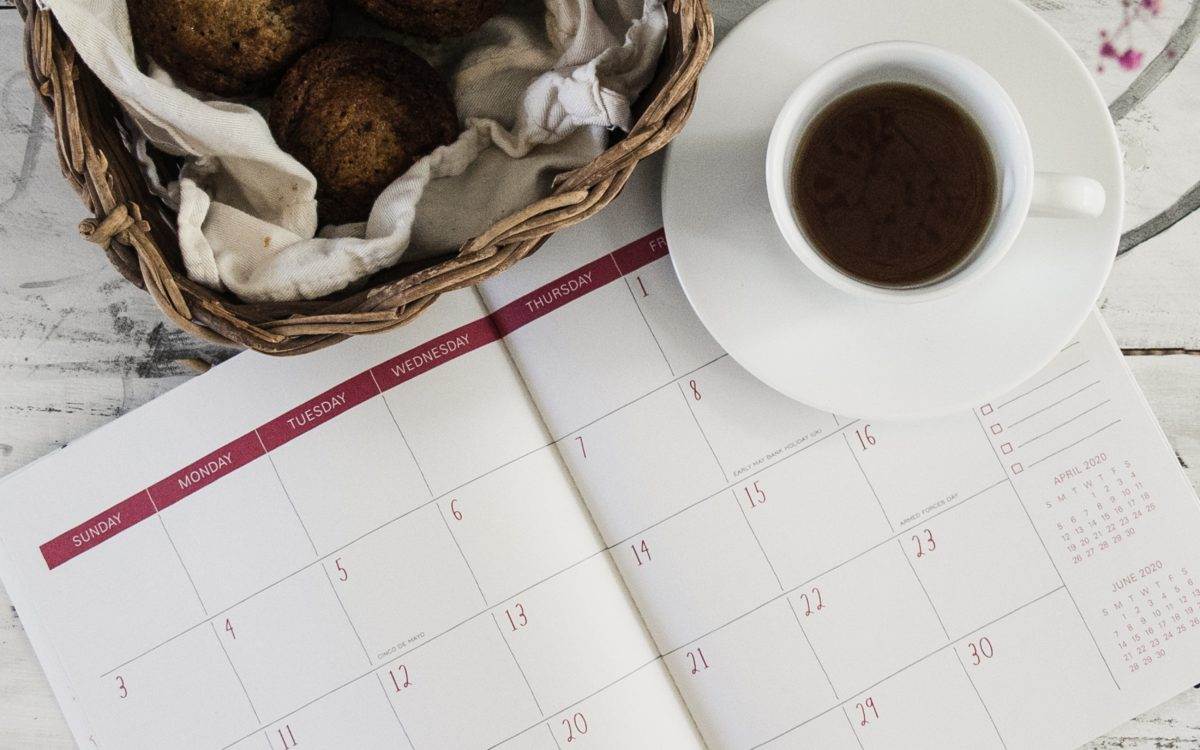Skeptical of the unstructured, one-size-fits-all approach of many traditional recovery programs? We were too. That’s why our founder Mike built Monument. Medical research informs all of our programming, success means getting you measurable results, and transparency guides everything we do. Considering a treatment plan, or recently signed up? Here’s the breakdown of how our PhysicianContinue reading “Treatment Plan Roadmap: How To Reach Your Goals With Monument”
Monthly Archives: February 2021
Why I Switched From AA To Monument
The author has been compensated for contributing to the Monument resources & reading library. Judging by the staggering number of meetings I have to assume AA works for many people. But it didn’t work for me. And I tried. I found the structure of meetings confining, and the fact that no professional was at theContinue reading “Why I Switched From AA To Monument”
3 Fears About Sobriety I Had As A High-Functioning Drinker: And How I Overcame Them
When I first quit drinking I wanted everything in my life to stay exactly the same. The only difference would be that I was no longer drinking. I didn’t want anyone to know if I was drinking or not drinking, and I definitely didn’t want it to be the topic of conversation. I feared myContinue reading “3 Fears About Sobriety I Had As A High-Functioning Drinker: And How I Overcame Them”
Lessons In Love: Dating While Sober
In my three years of sobriety, I’ve done quite a bit of dating — much (…much) more than my sober peers recommended. I went on many dates that turned out to be flops, and it was hard not to take them personally. A ‘bad’ date would cause me to draw some pretty big (and unrealistic)Continue reading “Lessons In Love: Dating While Sober”
Alcohol Recovery Timeline: What To Expect When You Quit Drinking
So, you’ve made the decision to change your relationship with alcohol, and to get more out of life by drinking less. You should be incredibly proud of that. Now you might be asking yourself: What does that look like? How exactly will my life change? How long will it take? And those questions can beContinue reading “Alcohol Recovery Timeline: What To Expect When You Quit Drinking”
Love Languages Can Change in Sobriety, And That’s Okay
What makes you feel loved? Is it when your partner praises you for something that matters to you? Or is it when they take the time to put the phone down, and be fully present with you? Perhaps your love language is words of affirmation, or quality time. These are examples of the five loveContinue reading “Love Languages Can Change in Sobriety, And That’s Okay”
How To Show Self-Compassion For The Past, Present & Future You
Experiencing strong emotional reactions when faced with the reality of our past is only human. When we begin to change our relationship with alcohol, reflecting on the past can be an especially complicated process. What do we do when intense emotions like shame, guilt and low self-esteem arise? How do we develop self compassion forContinue reading “How To Show Self-Compassion For The Past, Present & Future You”






